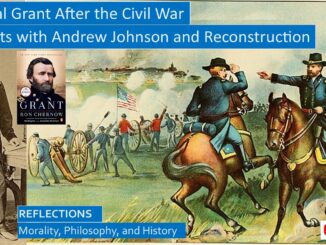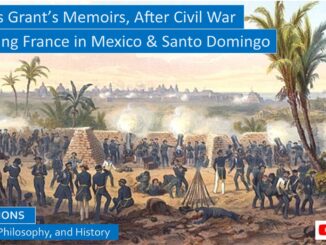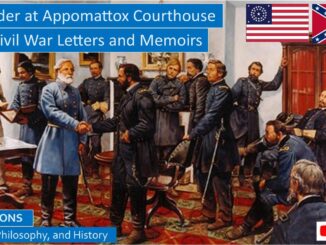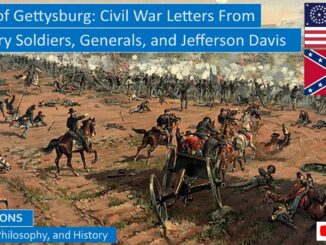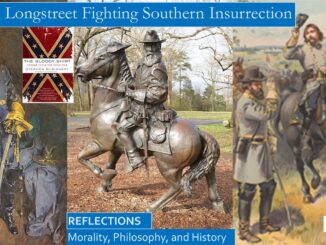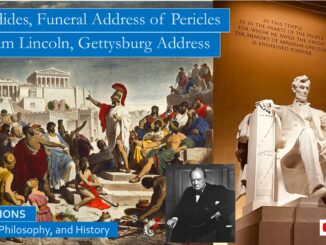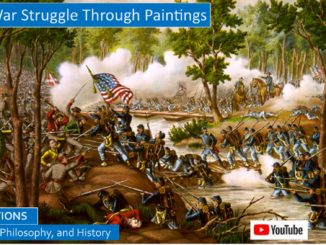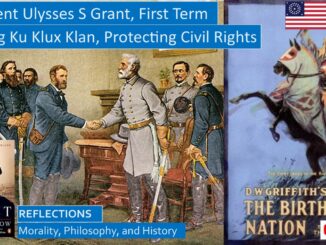
President Ulysses S Grant, First Term, Defeating the KKK, Fighting for Civil Rights
Ulysses S Grant won the presidential race handily. Although he won only 53% of the popular vote, he won the electoral college vote by a landslide, 214-80. “Bolstered by black and white carpetbagger votes, all southern states, with the notable exception of Georgia and Louisiana, where Klan violence was rife, tumbled into the Republican column. White violence had also diminished Republican turnout in Tennessee, Alabama, and South Carolina.”
Grant’s acceptance speech was curt, as usual. “The responsibilities of the position I feel, but accept them without fear, if I can have the same support which has been given to me thus far.”
Former General Grant too often made decisions without asking for advice from more politically astute advisors, behaving like a general fearful of leaks tipping off enemy forces. His success as a general made him too complacent. Many years later, in hindsight, Grant expressed his regrets. “I entered the White House as President without any previous experience either in civil or political life. I thought I could run the government of the United States as I did the staff of my army. It was my mistake, and it led me into other mistakes.” […]

